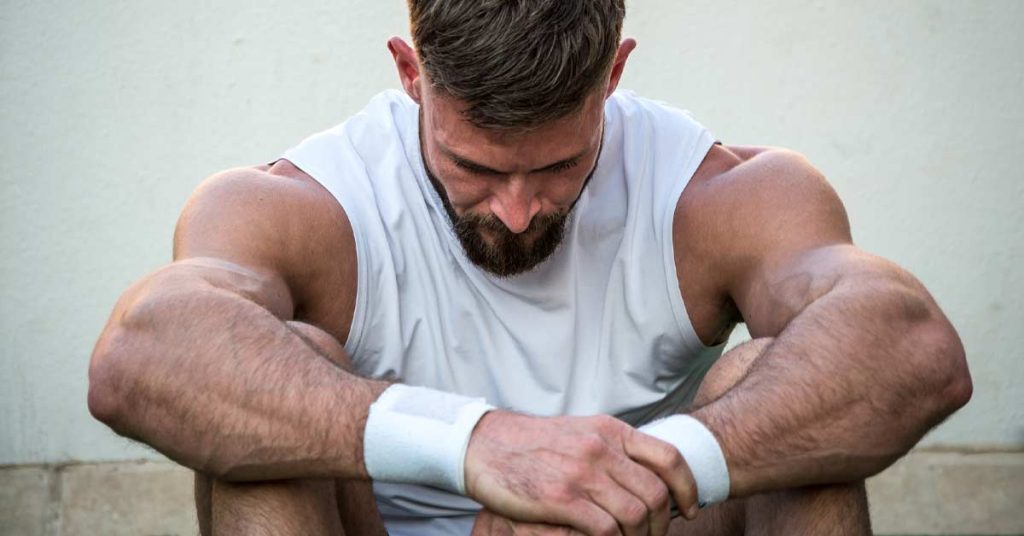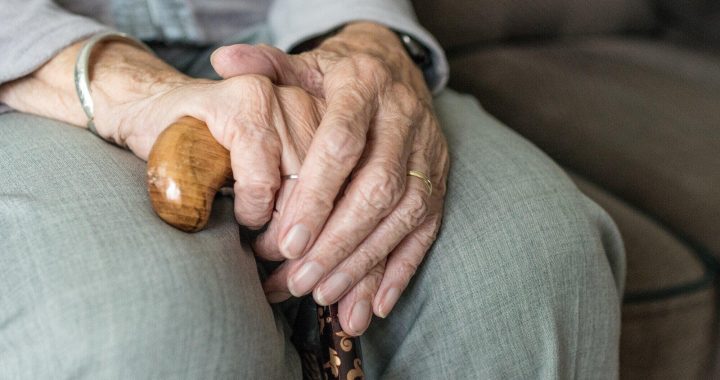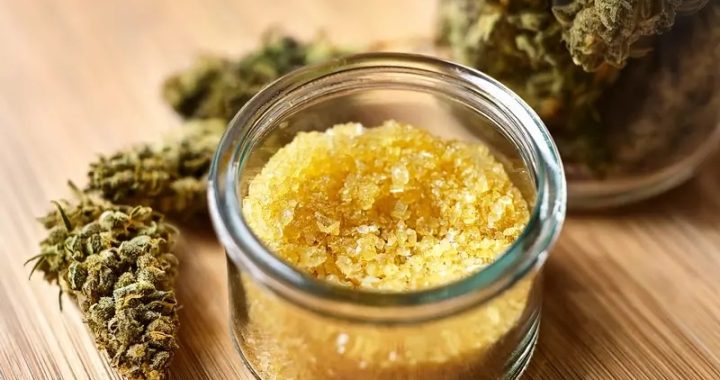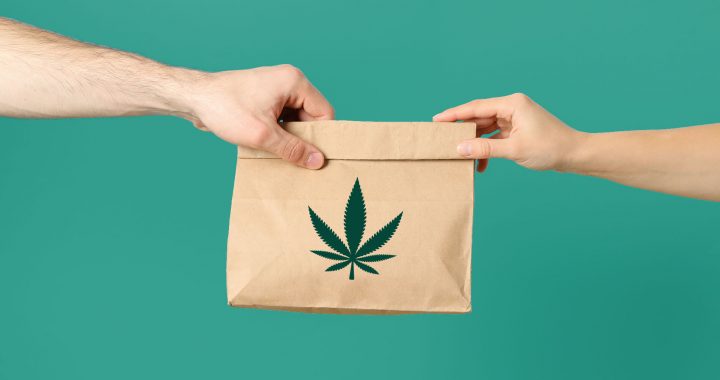
Sport and Recovery Process: Why Are They Both Important?
After sustaining a sports injury, most athletes are always looking forward to getting back in the game as soon as possible. As a result, they employ different techniques to get the recovery process started early and speed it up. Each of these strategies tackles recovery in varied ways, but to reduce muscle soreness and inflammation.
Sport as A Stress
The relationship between stress and sports cannot be overlooked, as it comes as an inevitable consequence. This happens when you try to give the best performance in a sport while striving to be your best in all other areas of your life.
Research has shown how athletes are prone to stress owing to the expectations and pressure subjected to them. The excitement and worries before a match, the frustration after a loss, and the anxiety after an injury are some psychological factors contributing to an athlete’s stress levels.
Why Is Sport Useful
Sport is not just a fun and entertaining pastime, but also offers all sorts of benefits to our minds and bodies. Some of these benefits include:
- Strengthens the bones
- Clears out bad cholesterol from the arteries
- Decreases the risk of hypertension, stroke, and diabetes
- Improves your focus, mood, and memory
Why Can Sport Be Harmful
As much as sports are seen to have many physical, mental, and social health benefits, they can also be harmful. Sports can be extremely exhausting, such that even after you rest, you still don’t feel fully refreshed. Moreover, they can lead to severe injuries that can impair a person for the rest of their life. Sports can also be mentally challenging; the participants who cannot handle the pressure can fall into depression.
Why Does Our Body Need Recovery After Sports and Training
After engaging in any sports activity or training, the recovery part is an essential part of the entire exercise and plays a significant role in the athlete’s performance. Recovery allows the muscle tissues to repair, restore their strength, and rebuild lost energy. For muscle restoration to occur, glycogen levels in the body should be sufficient; this is aided by carbohydrate supplements and the human growth hormone (HGH).
Although the human growth hormone is naturally generated, there are instances where individuals have low levels and need to undergo Growth hormone therapy. They are prescribed with Omnitrope (somatropin), which boosts the body’s HGH levels. Common side effects of Omnitrope for adults include nausea, headache, fatigue, vomiting, and general body weakness.
Ways for A Better Recovery Process
Below are some of the methods that have been used to service a speedier recovery.
Meditation
A sport is easily seen as being played by just the body, but often it’s more of a mental activity. Recent research indicates that recovery is increasingly dependent on psychology; the athlete’s perception of an injury can significantly impact how fast it heals. Meditation is arguably the best mental recovery strategy for athletes; it helps focus and train the mind to support the recovery process.
Ice
Although there isn’t a shred of evidence supporting how icing helps recover, cold therapy has become a craze in the sports industry. Ice does a stellar job at reducing pain and swelling after an injury by decreasing blood flow to the affected area. However, recent evidence shows that ice may interfere with the inflammation response, thus delaying healing. All in all, the presence and lack of evidence cut both ways, so there’s no harm in giving ice a shot.
Massage
Massage is the most commonly used recovery technique among all levels of athletes. The rationale behind massage as a recovery aid is that it improves blood flow and increases lactate removal. However, there is no evidence to support that massage improves the functional capacity of muscles by increased blood flow or lactate removal. Nevertheless, several reviews suggest massage is potentially beneficial in improving the psychological aspects of recovery.
HRT
Studies published over the years have shown that Hormone Replacement Therapy (HRT) remarkably improves muscle mass and function. HRT is associated with the efficient arrangement of the myonuclei, which are the control centers of muscle fibers. This organization of myonuclei brings about an optimized transport of cellular proteins, leading to improved muscle function.
Quality Sleep
Many people don’t realize the extent to which a good sleep-wake cycle can influence a person’s health and well-being. Getting proper sleep is crucial for elite athletes’ overall mental and physical health, especially those who exercise at higher levels. Athletes who don’t get adequate sleep may perform poorly and crave unhealthy foods, leading to weight gain. Therefore, obtaining quality sleep should be a top priority in every athlete’s routine.
Harmony in Private Life
Recovering athletes are encouraged to be at peace with people around them, as it provides a nurturing and therapeutic effect that can boost their immune systems. Love and support from friends, family, neighbors, colleagues and many others can go a long way in enabling their bodies to heal better.
Emotional Management
Most athletes in recovery go through difficult emotions, ranging from shock, fear, anger, frustration, denial, helplessness, and more. They might even feel isolated as they undergo treatment, even if they have a robust support system. All these emotions are valid, but they should be dealt with through therapy or counseling. Finding a way to cope with these emotions can profoundly affect an individual’s healing capacity.
Why Do We All Need Rest: Is Recovery Important Only for Professionals, or For Normal People Too?
Human bodies require rest to adapt and manage the various stresses they are exposed to. It would be a mistake to work with all you got and ignore rest, as it might even cause negatively affect your body. And this applies to every human being, not just athletes. Rest allows the body to repair itself fully and maintains optimal immune performance.
Bottom Line
Taking into consideration and implementing the recovery techniques mentioned above would assure you of a safe and speedy recovery. However, if you are unsure of which technique to incorporate into your recovery process, you should consider speaking with a medical expert to help you out.
























